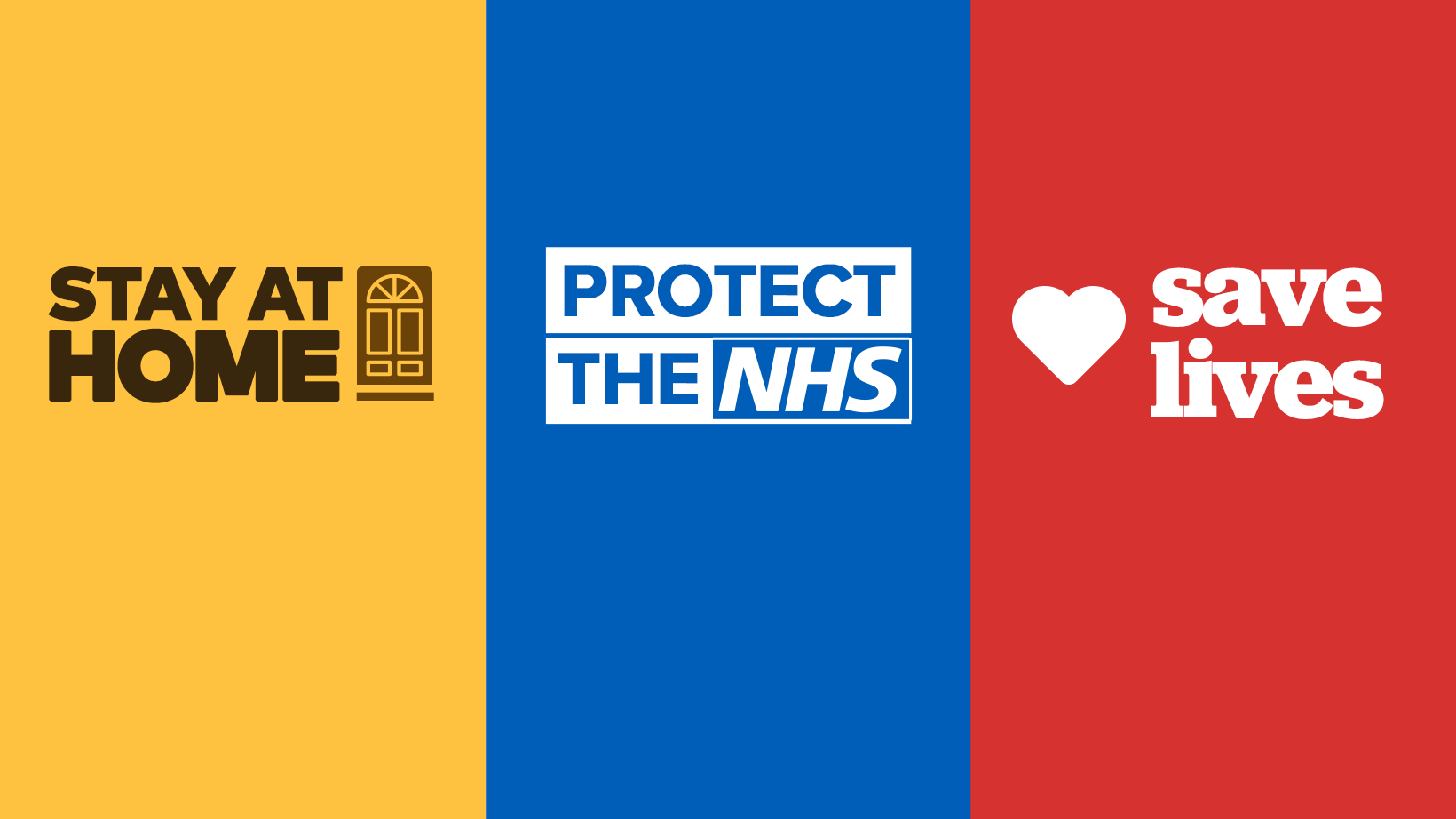By Grace Thompson
From the Government’s difficulty supporting care homes during the peak of cases adequately, to testing shortages to the wraparound care that many adults will now need as a result of having had severe Covid, adult social care has rarely been more prominently in view than it has been during the current crisis.
I can still clearly remember a conversation I had with a portfolio holder for adult social care in my hometown several years ago. He told me that the future of adult social care in the UK simply wasn’t sustainable if it carried on in its current structure. It was the immediate aftermath of the austerity years, and funding in all areas was scarce. His opinion was that the future of adult social care lay in a balance between having care homes for those who really needed them, and fighting for those who wanted to stay at home to have in-home care provided by an increased number of well-funded community nurse teams.
I have been reflecting on this conversation in recent weeks and I see that his words were true. Adult social care has barely had time to breathe from the austerity years before being swamped under the raging waters of Covid. But what happens next? Structures must be rebuilt and revamped before the next health crisis comes along. This time, we cannot do nothing. It will certainly take more than producing a new green badge and flashing it around on politicians’ lapels during BBC Breakfast interviews.
Live-in healthcare is associated with better mental health outcomes, reduced hospital ‘bed-blocking’ and less physical falls. The last two benefits save the NHS millions a year in hip operations and overnight hospital stays. On a human level, live-in healthcare also means that families and neighbourhoods can stay together longer and enjoy some of the last years they may have together.
For some, obviously, there will come a time when living at home is no longer an option. For those for whom it is an option, however, we should be enabling this as much as possible, particularly as we know that the population is living longer. By 2050, the number of adults aged 60 or over will double. A strong package of support would need to be in place in our country to help with the additional costs of community nursing and occupational adjustments to houses. We already know that adapting a house for an older person to stay at home costs around £6,000, compared with a cost per year of about £26,000 for residential care.
A shift in our world’s usual patterns has caused positive change already. Workplaces are seeing productivity improvement from being more flexible with their employees and increased home working. Air pollution improved in many cities as a result of less traffic on the roads. Whilst we abhor the cause of these changes, we can embrace them if the changes themselves lead to our world being a better place, not only for our children, but also for our elderly and physically vulnerable.
Read more articles by Grace Thompson
BUILD, BUILD, BUILD – FOR WHO?
Further Reading Recommended by Grace
Housing in Later Life by Age UK










